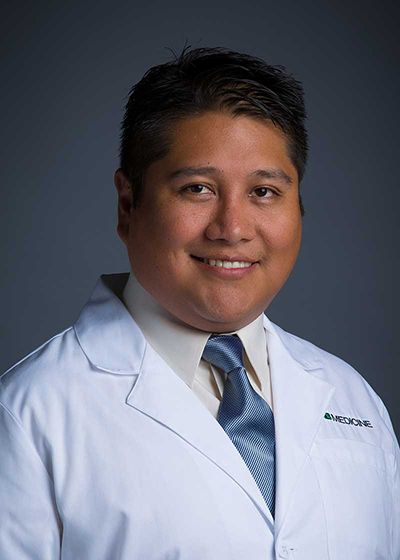 Ariel Salas, M.D., MSPHAriel Salas, M.D., MSPH, assistant professor in the Department of Pediatrics at the University of Alabama at Birmingham, has been awarded a K23 grant from The NIH Eunice Kennedy Shriver National Institute of Child Health and Human Development. Salas will use the grant to study how protein-enriched human milk diets could increase lean body mass accretion and diversity of the gut microbiome in extremely preterm infants. The five-year grant is for $777,384.
Ariel Salas, M.D., MSPHAriel Salas, M.D., MSPH, assistant professor in the Department of Pediatrics at the University of Alabama at Birmingham, has been awarded a K23 grant from The NIH Eunice Kennedy Shriver National Institute of Child Health and Human Development. Salas will use the grant to study how protein-enriched human milk diets could increase lean body mass accretion and diversity of the gut microbiome in extremely preterm infants. The five-year grant is for $777,384.
Postnatal growth failure occurs in approximately 60 percent of the nearly 26,000 extremely preterm infants born every year in the United States. The randomized trial will determine the effects of early protein intake on the gut microbiome and the accretion of lean body mass in premature infants born at the limits of viability, 28 weeks’ gestation or less.
Enrolled premature infants will undergo a protein-enriched human milk diet during the first two weeks after birth to see if there is a result in more lean body mass accretion and more diversity of the gut microbiome by the time of hospital discharge. Salas believes that early administration of protein-enriched human milk diets could improve growth by promoting lean body mass accretion, stimulating maturation of the gastrointestinal tract and modifying the gut microbiome.
“Our discoveries could shift current standards of care delivered to premature infants,” Salas said. “If we observe higher lean body mass gains in infants receiving protein-enriched diets early after birth, we could reduce short- and long-term complications associated with extreme prematurity.”